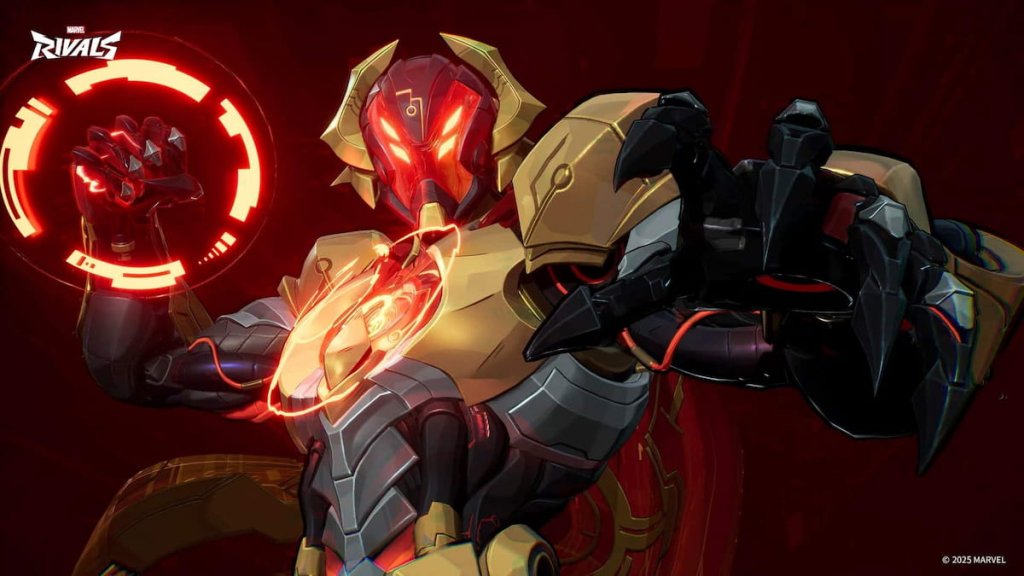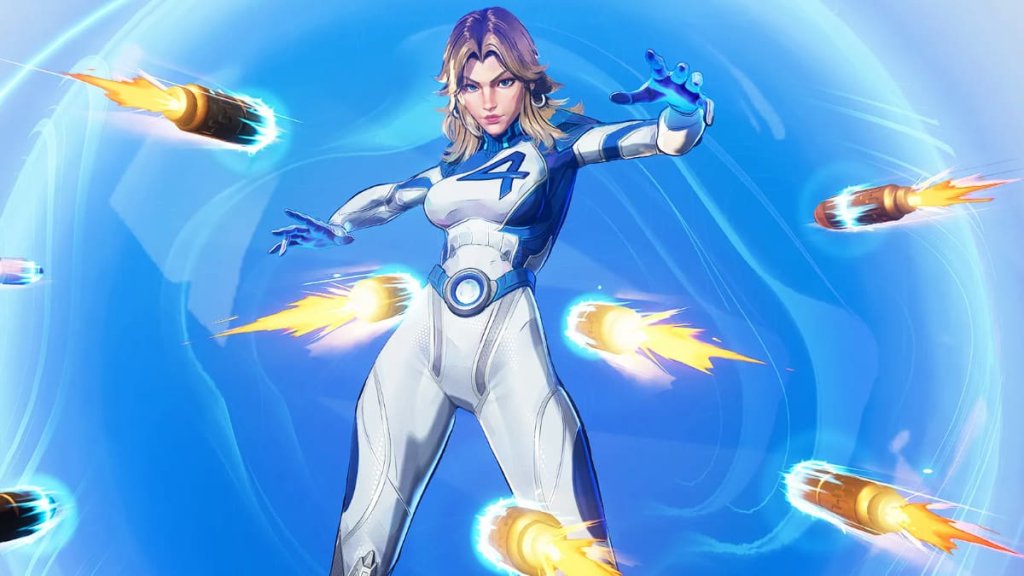
Are unhealthy esports sponsorships enhancing bad habits?
Sponsorships play a crucial role in the esports industry. As an entertainment industry, esports relies heavily on external investment for its income. These investments often come in the form of advertising sponsorships.
Esports teams and organizations benefit from sponsorships financially. These investments go towards profits and operating costs for the organizations. In some cases, the sponsors may also provide their product for players’ personal use as part of the advertising deal. For tournament organizers or leagues, sponsorships serve a similar financial role as they do for teams, but with an additional contribution towards prize pools.
According to a July 2020 report by gaming and esports industry researcher Newzoo, nearly 60% of esports revenue comes from sponsorships. Sponsorship in esports contributed 548.1 million USD towards a total of 973.9 million USD in esports revenue streams. The next largest contributor, media rights and broadcasting, totaled 163.3 million USD.
How many of these sponsorships contribute or enhance bad habits?

© Bud Light League Lounge
Who are the sponsors in esports?
Sponsors in esports come from many different industries, offering a variety of products. Some examples are:
- Automobile manufacturers like Kia Motors and BMW
- Betting companies like Betway
- Healthcare or hygiene companies like L’Oreal
- Insurance and banking companies like State Farm and Hana Bank
More endemic sponsors include computer hardware manufacturers like Logitech, Alienware, Corsair, and Razer.
One of the most common sponsors in esports comes from food and drink companies. Many leagues and tournaments have at least one sponsor that offers a food or drink product.
Some examples are:
- Buffalo Wild Wings, Red Bull and Bud Light sponsors the League of Legends Championships Series (LCS)
- Kit Kat and Red Bull sponsors the League of Legends European Championship (LEC)
- LOTTE Confectionery and McDonald’s sponsors the League of Legends Champions Korea (LCK)
- KFC, Momchilovtsi, Harbin and Wahaha sponsors the League of Legends Pro League (LPL)
- Coca Cola, Cheez-It Grooves and Pringles Wavy sponsors the Overwatch League (OWL) is sponsored by
- Mountain Dew Game Fuel sponsors the StarCraft II Intel Extreme Masters Katowice 2020 and the Counter-Strike: Global Offensive (CS:GO) ESL Pro League Season 11
Nearly all significant esports leagues and tournaments feature at least one sponsor which offers soda or energy drink products.
Additionally, plenty of Twitch Streamers are sponsored by an Energy Drink company or some fuzzy drink producer.
The stigma of poor health and nutrition for gamers
There is a consistent negative stereotype that characterizes gamers as having poor health or nutrition. Recent studies do not indicate that there is a direct link between obesity and playing video games, yet the stereotypes still remain.
A report on the website Medical Xpress provided by the University of Würzburg analyzed 20 relevant studies with more than 38 thousand total participants. The analysis revealed “only a small correlation between video game playing and excess weight or body mass. Only one percent of a person’s overweight can thus be attributed to time spent playing computer games.” The report stated that it was an indirect relationship. Generally, reports found that “the people who spend more time playing video games also spend less time exercising and thus weigh more or have more body mass.”
The report stated that factors such as lack of sleep or eating junk food while gaming were not verified due to a lack of relevant available studies.
A 2018 report by the Anatolian Journal of Cardiology studied the effects of long-term consumption of energy drinks like Red Bull. The report concluded that “athletes and active persons should avoid the long-term consumption” of Red Bull energy drinks, particularly in combination with alcohol.
With the high number of fast food, snacks, soda, and energy drink sponsors in the esports industry, there is room for concern that there is excess advertising to a potentially vulnerable audience. This is especially the case with the possibility that esports is the next primary target for alcohol marketers.
Who is responsible for unhealthy sponsorships?
Government regulations limit the advertising and exposure for companies marketing potentially unhealthy products like alcohol, soda, or energy drinks, especially towards minors. Esports must be recognized on a governmental level to ensure that they maintain these policies for what is quickly becoming one of the most popular forms of entertainment.
It is well-documented that repeated exposure generates brand familiarity and encourages product consumption. The esports audience comprises mostly of a potentially already-vulnerable demographic. When combined, these two factors could lead to severe health problems.
Teams and organizers should be conscientious about who they accept as sponsors out of respect for their audience and ensure the proposed product aligns with the organization’s stated values.
An example is the OWL team Guangzhou Charge, which entered a partnership with controversial multi-level marketing corporation Herbalife. Fan response on social media was mostly negative.
Another example is the NEOM sponsorship with the LEC and partnership with the CS:GO tournament organizer BLAST. The public response from high-profile personalities and fans to the collaboration with the Saudi city was overwhelmingly negative.
Eventually, both the LEC and the BLAST canceled their deals with NEOM.
These examples showcase the audience’s responsibility to themselves be aware of possible dangers or questionable sponsorships and to expect the same of their entertainment providers.
Read next: Riot Games announces First Strike and Team Liquid finally beats G2











